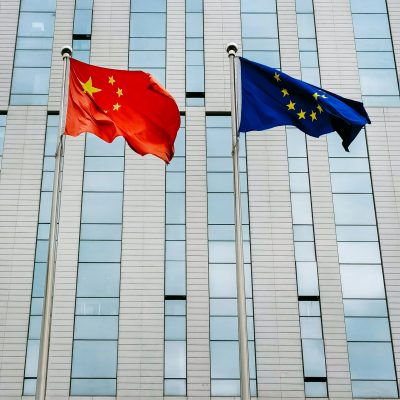Migrants, ‘Schengen area’ and European solidarity
The ‘Schengen area’, which is both an old and symptomatic achievement of European integration, is today in the firing line to the extent that its management and its ‘reform’ were on the agenda of the European Council of 23 and 24 June. The arrival of migrants on the Italian coast is the source of this criticism but there had already been difficulties along the Greek-Turkish border and also concern in the perspective of the Bulgarian and Romanian accessions…

The ‘Schengen area’, which is both an old and symptomatic achievement of European integration, is today in the firing line to the extent that its management and its ‘reform’ were on the agenda of the European Council of 23 and 24 June. The arrival of migrants on the Italian coast is the source of this criticism but there had already been difficulties along the Greek-Turkish border and also concern in the perspective of the Bulgarian and Romanian accessions.
In this context, we must first point out that the Schengen area is based on simple principles:
- The elimination of ‘internal’ fixed border checks in the area of free movement created by its 25 member countries (for example between France and Belgium);
- Keeping mobile checks, presumed to be more effective, and which can be joint ones (depicted humorously in the Dany Boon film “Rien à declarer – Nothing to Declare”)
- The possibility of invoking ‘safeguard clauses’ to reestablish fixed checks at national borders on targeted basis, for example for sports or political events (these clauses have already been activated many times since 1985, under the EU’s control);
- Finally, the joint management of external borders, which are ipso facto ‘our’ borders, as those that cross them can freely enter other member countries as long as they respect European rules in terms of visas and resources.
Every day, the application of these principles allows tens of thousands of people to go and work, to study, to meet people close to them and have fun in a huge geographic area, without administrative formalities or long queues at border posts. So safeguarding ‘Schengen’ is first about protecting the rights of the Europeans in a period featuring proposals for a return to checks at national borders, whose budgetary cost would not be negligible, especially given their relatively modest efficiency.




